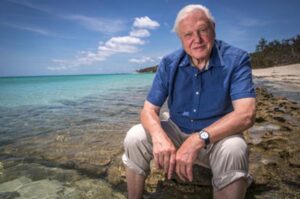
Sir David Attenborough
The world is fortunate for the wise and heartfelt voice of 94-year-old naturalist, broadcaster and humanist Sir David Attenborough — clarifying our climate crises yet also delineating clear solutions, as in his must-see film, A Life on the Planet. He calls it his “witness statement.” It is a sobering and necessary yet hopeful investigation of the actions to which we now must commit our minds and hearts in full measure.
Greta Thunberg
Sir David’s insights are well complimented by then 16-year-old climate activist Greta Thunberg’s no-holds-barred wake-up call at the TED conference in Stockholm in 2018.
She recently has published The Climate Book, essays by leading scientists, writers and activists on the challenges of climate justice.

For an example of re-wilding in action, check out this recent (June 2023) BBC report on the jaguars of Argentina.
Yet humankind continues to reshape the surface of the planet — so often at the expense of our future, as in this BBC summary on what we have done in this past year alone (12/27/23)
And one of the less noticed effects of the continued violence of the human species is to dramatically effect carbon release into the Earth’s atmosphere, as in this recent Guardian report on the Mid-East war (1/10/24).
Here’s another bit of the ongoing evidence (Washington Post, June 20, 2023) that humankind has directly affected the warming of Earth. “Digging deep into a humble lake in Canada, scientists found a spot on Earth like no other — and a record that could redefine our history of the planet.”
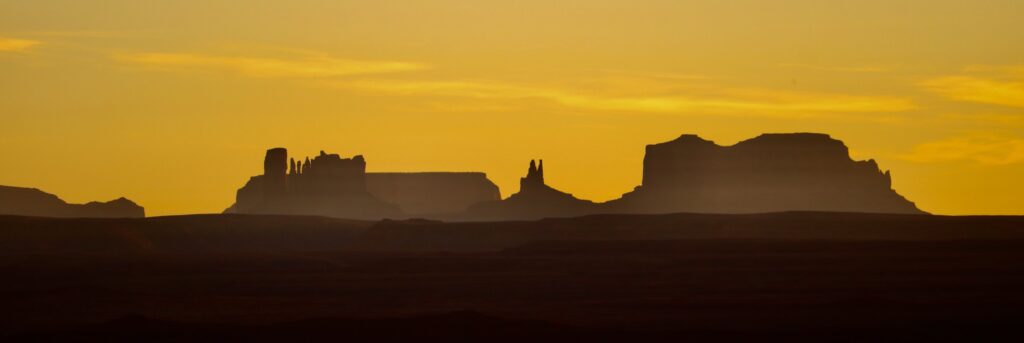
From the BBC on climate change: Thousands of penguins die in Antarctic ice breakup
As reported by BBC News on March 20 of last year, the UN issued its latest report on surviving climate change.
Six years in the making, it affects every person and every animal on Earth. (At least we humans have the ability to do something about it. Why do you think that roadside hawk on our home page looks so skeptical?!)
Here is another deep and compelling dive into humanity’s climate crisis. The title says it all: “Drawdown. The Most Comprehensive Plan Ever Proposed to Reverse Global Warning.”
Edited by Paul Hawken, produced by hundreds of outstanding writers and researchers from across the continents, this is indeed a visionary and comprehensive resource for understanding both the challenges and solutions of this climate change era, the Anthropocene. It is truly an exciting and hopeful read.
For the animal shall not be measured by man. In a world older than ours, they move finished and complete, gifted with the extension of senses we have lost or never attained, living by voices we shall never hear.
~ Henry Beston, The Outermost House
They are not brethren, they are not underlings: they are other nations, caught with ourselves in the net of life and time, fellow prisoners of the splendor and travail of the earth.

This wolf pack takes a dry-eyed look at the recent commitment of over 100 countries around the world to plant more than 3 trillion trees, as reported by The Financial Times
Yet of course so many efforts to make positive change have severe negative results as well. Here, for example, from The Washington Post (4/27/23), is what happens when the worldwide drive to produce more electric vehicles leaves hundreds of misled villagers in West Africa with false promises from mining companies – not to mention facing ruined crops and polluted rivers.
A quick aside for those who might have a five to eight year old in the house. There is a wonderful new book (July 2023) designed just for those ages:
Our Planet: There’s No Place like Earth
Here is author Stacy McAnulty reading it.
(THI is in fact working on creating an awesome space for kids on this site.)
Solving the climate crisis also means addressing the psychiatry that envelopes it, as in this piece in The Lancet (12/21), covering the first large-scale investigation of climate anxiety in children and in young people.
It surveyed 10,000 sixteen to twenty-five-year-olds in ten countries (Australia, Brazil, Finland, France, India, Nigeria, Philippines, Portugal, the UK, and the USA) between May 18 and June 7, 2021. Data were collected on participants’ thoughts and feelings about climate change, and about government responses to climate change.
Respondents across all countries were worried about climate change (59% were very or extremely worried and 84% were at least moderately worried). More than 50% reported each of the following emotions: sad, anxious, angry, powerless, helpless, and guilty. More than 45% of respondents said their feelings about climate change negatively affected their daily life and functioning, and many reported a high number of negative thoughts about climate change (e.g. 75% said that they think the future is frightening and 83% said that they think people have failed to take care of the planet).
So where do we find the most sophisticated insight — something with a strong scientific grounding — on possible scenarios for Earth’s future? The Climate Lab at The Washington Post answers the call, presenting 1,200 scenarios, published 12/1/22.
The National Geographic‘s October 2023 issue features a compelling investigation, well laid out for clarity and access, on how technology is helping to fix the climate crisis (“Clearing the Air” page 64).
Every country of course has its own version of Earth’s climate crisis. What is yours? Find out here in this New York Times piece (January 2021) that shows exactly what areas across the globe are at most risk.
https://peacehouse.net/this-is-huge-judge-sides-with-montana-youths-in-historic-climate-ruling/
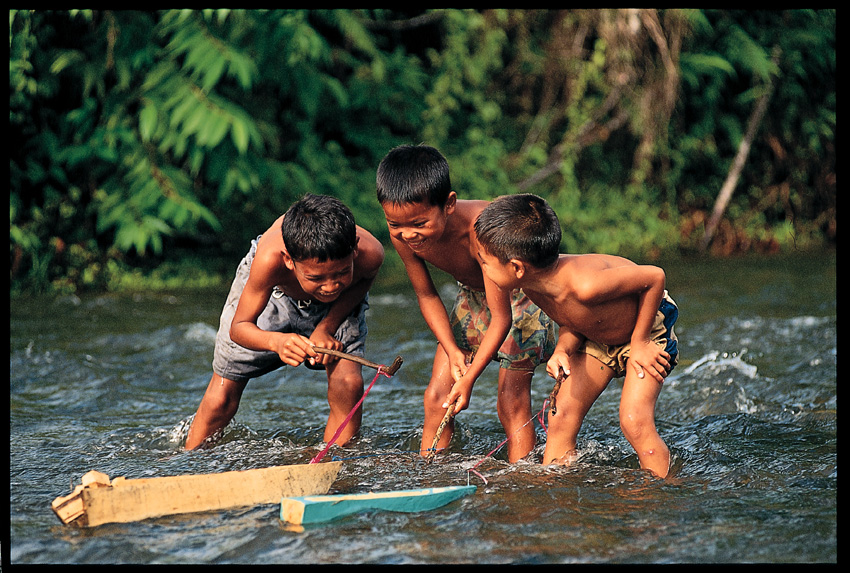
Here are five excellent BBC articles, reminding us of the basics:
- What is climate change?
- Climate-related words and phrases explained
- How much warmer is your city?
- What is your diet’s carbon footprint?
- Where we are in seven charts
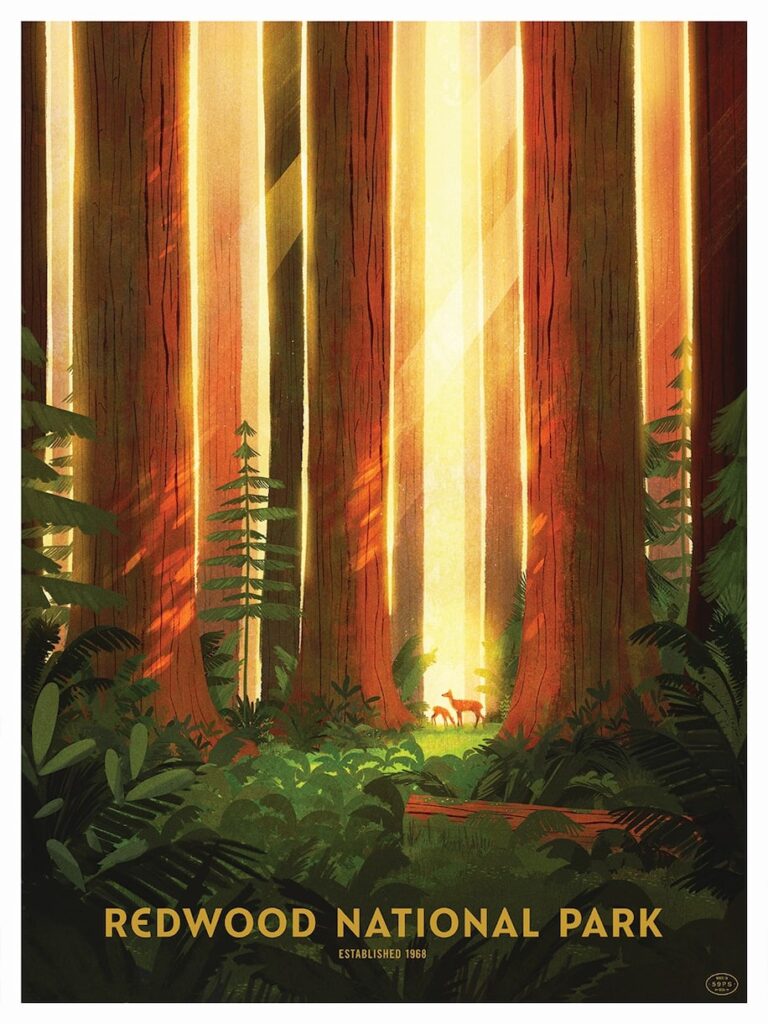
Check this out for wise, visionary and selfless corporate leadership that prioritizes people and planet, not profit: Yvonne Chouinard gives Patagonia away in the name of saving our only home.
This is but one of the latest warnings from scientists (8/29/22): The Greenland ice sheet is soon to add a foot to ocean sea levels.
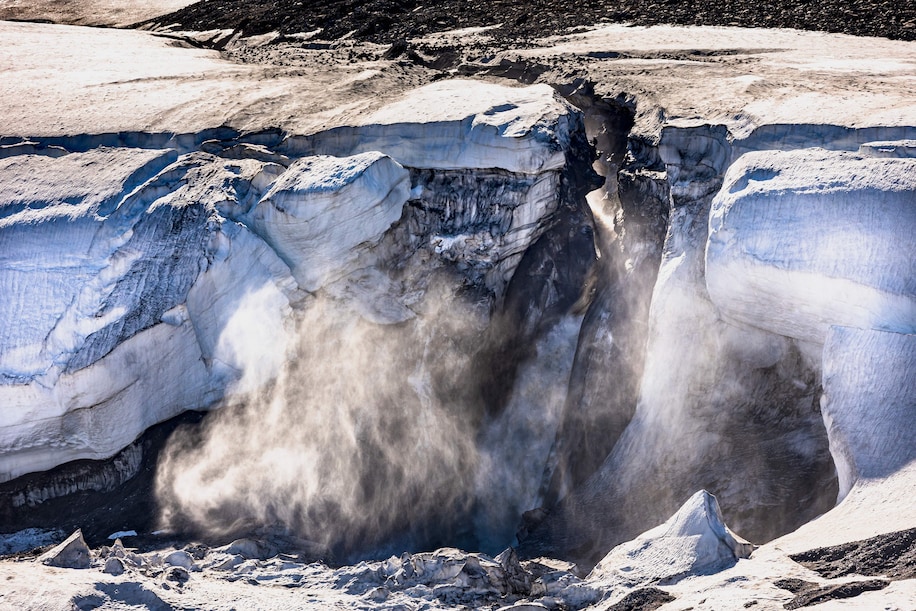
And what is happening in the fastest warming place on Earth, Svalbard?
The sun, with all those planets
Galileo Galilei
revolving around it and dependent on it, can still ripen a bunch of grapes
as if it had nothing else in the universe to do.
(Makes one wonder what the sun thinks these days about our little planet…)
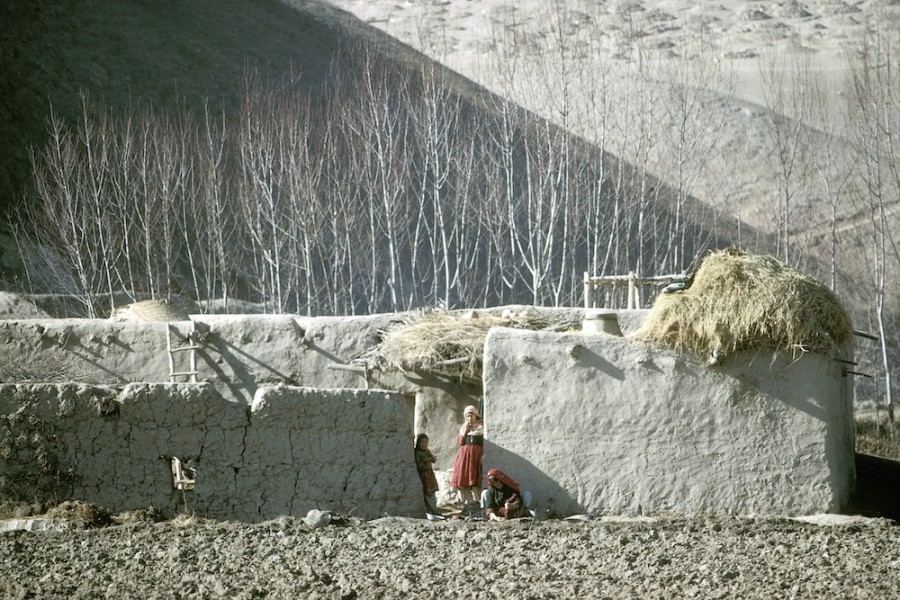
To keep up to date, here is news on one of the latest climate conferences: The Africa Adaptation Summit, September 5, 2022.
Humans have the ignominious distinction of being the only species to be individually responsible for a global extinction crisis, and because of that we have a moral responsibility to protect species we have imperiled. But conservation is not just altruistic. It’s also selfish.
New York Times, 9/19/22 (from the article below)
The New York Times’s Tim McDonnell, reporting from Cairo, takes a thorough look at the remarkable ways humans are transforming our approach to species preservation.
In comprehensive and intimidating (and temporary!) conclusion to this section of our site, here’s a sophisticated and objective climate overview for our entire home planet: The United Nations Intergovernmental Panel on Climate Change Sixth Assessment Report, Climate Change 2021, The Physical Science Basis. It was finalized on 6 August 2021.
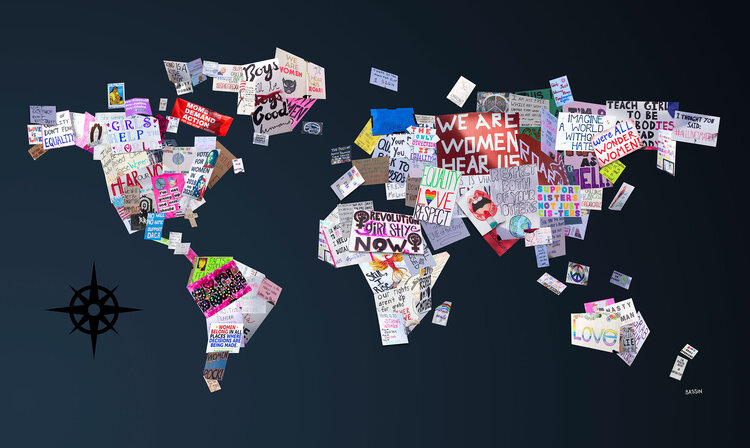
For further investigation into the complexities of humanity’s climate crisis, we also recommend these two brilliant books:
The first — Half-Earth: Our Planet’s Fight for Survival, by E. O. Wilson — examines how humanity has become both the architect and ruler of our anthropocene era, showing how this severely affects all sentient beings. Edward Osborne Wilson, who died this past December at age 91, was a world reknowned biologist, humanist, and distinguished professor at Harvard University. Author of many books, the world’s leading expert on ants (myrmecology), founder of the Biophilia hypothesis (with Dr. Stephen Kellert), Professor Wilson twice won the Pultizer Prize for General Non-fiction.
The next — Beyond Words, by Carl Safina — examinines how animals think and feel. The author is a professor and ecologist at Columbia University in New York City. Based on the lives of elephants, wolves, and killer whales, it is a humbling investigation into the ways in which humans have dramatically misunderstood — at our intense peril — how our fellow riders on Earth make their well considered way in life.
We must not only re-wild the planet, but also understand clearly how we are fast using our limited mineral resources — most dramatically by building electric vehicles. It’s instructive and worrisome to see how the top five minerals used in EV production are being mined around the world.
